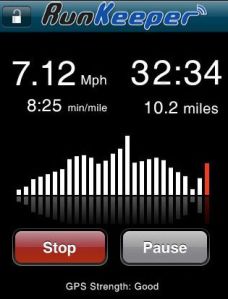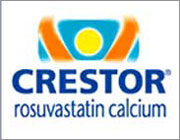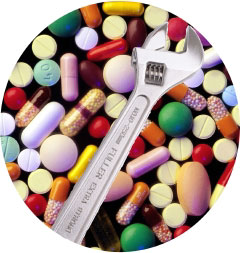We all know that Apple’s App Store is full of apps for just about anything, but one app in particular caught my eye. RunKeeper is an application that allows you to track important information interactively on the web in real-time. Information like distance, time, elevation, pace, and route are all tracked and recorded to a website. You can then decide what information you’d like to share with others. Say you’d like to provide a co-worker with some information. By providing them with a passcode, they’ll be able to see, for example, time and distance but not route. This could allow your spouse be aware of you whereabouts while you go for a jog and make sure that you’re safe. A personal trainer could track and monitor progress. You can also share this information on Twitter and Facebook.
Other healthy apps have been launched for iphone, including apps to check blood pressure, WebMD mobile, and one by the American Heart Association for guidelines for First Aid and CPR.
I think that this has some pretty great implications. Imagine running a marathon and you’d like to know how much further till a rest station or the finish, you could log into you account and get that information. It could also help you to train and trim a few minutes off of your personal best. I wish I had an iphone or I’d get it for sure.




 Posted by stewinder
Posted by stewinder 







